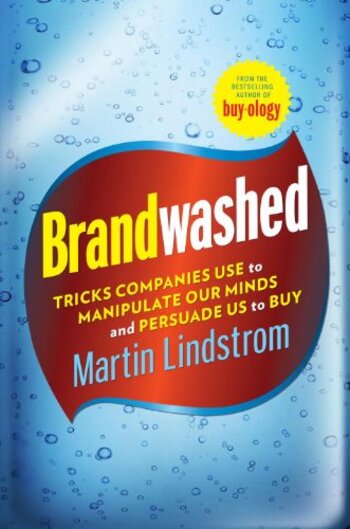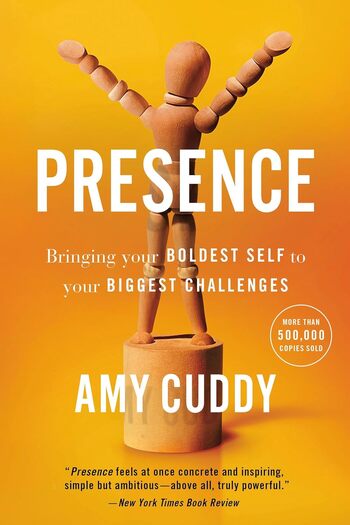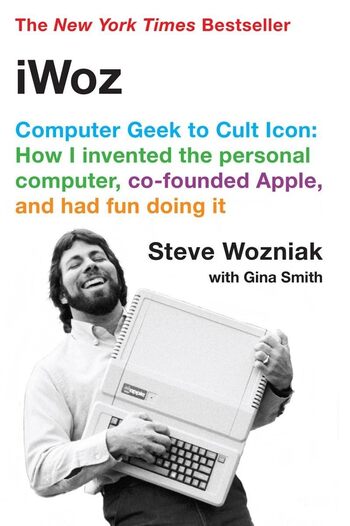
The book explores the pervasive problem of misinformation or ‘bullshit’ and its impact on decision-making. It offers practical advice on how to discern truth from falsehood to become critical thinkers.
Main Lessons
- Bullshitting differs from lying: While a liar cares about hiding the truth, a bullshitter disregards whether statements are true or false.
- Bullibility, the tendency to accept bullshit as fact, is widespread and impacts decision-making.
- Fake markups, like in restaurant wine pricing, show how bullshit affects our perception and decisions.
- Critical thinking is key to detect misleading information, even in touted sources like TED Talks.
- Asking the right questions helps uncover hidden truths, crucial for informed decision-making.
- Bullshit stems from the desire to fit in and contribute opinions without expertise.
- Bullshitters use tactics like pseudo-profundity and personal connections to manipulate beliefs.
- Facilitated communication, though debunked, persists in education, demonstrating bullshit’s resilience.
- Unchecked bullshit has real-world consequences, as seen in events like COVID-19 misinformation.
- Empowerment against bullshit comes from fostering intellectual humility and seeking evidence-based reasoning.
- Combating bullshit requires a collective effort and recognizing our limitations in discernment.
- Being a truth-seeker involves honing critical thinking and questioning assumptions and motivations.








